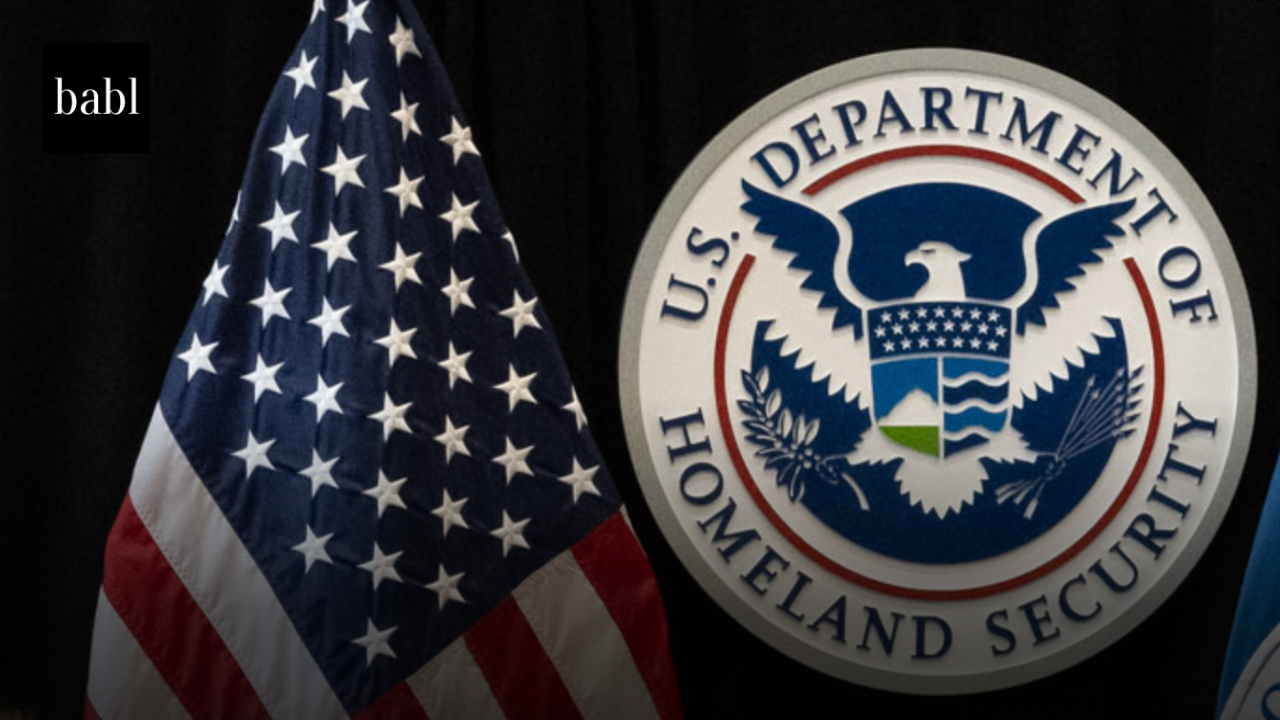In a bid to foster the safe and responsible deployment of AI, the Department of Homeland Security (DHS) has taken proactive measures, aligning with President Biden’s Executive Order. Embracing AI’s potential while safeguarding privacy, civil rights, and civil liberties, DHS is at the forefront of shaping policies and initiatives to fortify the nation’s critical infrastructure and bolster economic security.
DHS has initiated pivotal steps to shield vital assets like water supplies, power grids, and telecommunications from AI-enabled threats. The establishment of the AI Safety and Security Board, comprising over 20 industry leaders, civil rights advocates, and policymakers, underscores DHS’s commitment to advising on the safe development and deployment of AI. The board’s recommendations aim to preempt and mitigate AI-related disruptions that could jeopardize national security, public health, or safety.
Additionally, DHS, in collaboration with the Cybersecurity and Infrastructure Security Agency, has crafted comprehensive guidelines for critical infrastructure owners and operators. These guidelines, informed by a thorough government assessment of AI risks across all sectors, address threats emanating from AI systems and those posed to them, ensuring a robust defense against evolving challenges. Moreover, the release of the AI Chemical, Biological, Radiological, and Nuclear (CBRN) Report sheds light on the intersection of AI and CBRN threats. Drawing on inputs from governmental, academic, and industrial stakeholders, the report identifies potential risks and offers recommendations to safeguard national security against emerging threats.
DHS’s AI roadmap outlines ambitious plans for 2024, emphasizing the responsible integration of AI into its operations. Divided into three key areas, the roadmap emphasizes leveraging AI to advance homeland security missions while upholding individual rights, promoting nationwide AI safety and security, and fostering collaborative partnerships to maintain leadership in AI innovation.
Innovative pilot projects across various mission areas demonstrate DHS’s commitment to harnessing AI’s potential. From bolstering cybersecurity to combating child exploitation and enhancing immigration services, these projects underscore the multifaceted applications of AI in advancing national security objectives. Furthermore, the launch of the AI Corps Recruitment Sprint underscores DHS’s efforts to recruit top-tier AI talent. Modeled after the U.S. Digital Service, the AI Corps aims to assemble expert teams to drive responsible AI adoption across critical areas of homeland security, including cybersecurity, critical infrastructure protection, and immigration services.
Recognizing the significance of AI in maintaining global competitiveness, DHS has embarked on initiatives to combat intellectual property theft facilitated by AI-generated material. Collaborative efforts with academic institutions and law enforcement agencies aim to equip industry stakeholders with the tools to combat IP theft effectively. Moreover, DHS is streamlining immigration processes to attract and retain top AI talent, vital for fueling innovation and bolstering the nation’s technological edge. Efforts to modernize visa policies and enhance processing times underscore DHS’s commitment to nurturing a conducive environment for global talent in critical emerging technologies.
If you’re wondering how AI regulations could impact you in this ever changing landscape, don’t hesitate to reach out to BABL AI. Their team of Audit Experts is ready to offer valuable insight while answering any questions or concerns you may have.





